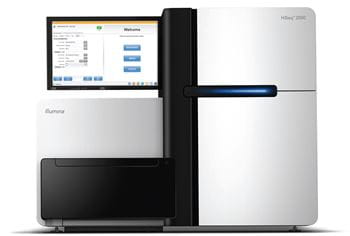The Systems Biology and Multi-Omics Core provides comprehensive support for musculoskeletal research at the Indiana Center for Musculoskeletal Health (ICMH) by enabling genomic and metabolomic studies tailored to the unique challenges of skeletal muscle, bone and tendon tissues.
As an integrated extension of the Center for Medical Genomics, the Center for Computational Biology and Bioinformatics and a newly established virtual metabolomics service, the Systems Biology and Multi-Omics Core coordinates study design, assay selection, data generation, analysis and dissemination. It also promotes novel technology development and training in omics-based approaches.
By combining investigator-generated and publicly available datasets, the core drives new mechanistic insights in musculoskeletal biology through cutting-edge computational and bioinformatics infrastructure at Indiana University School of Medicine. This core will not only provide essential services at subsidized rates, as well as serving as an educational and collaborative hub, empowering musculoskeletal health investigators to generate transformative discoveries with unprecedented molecular resolution.



